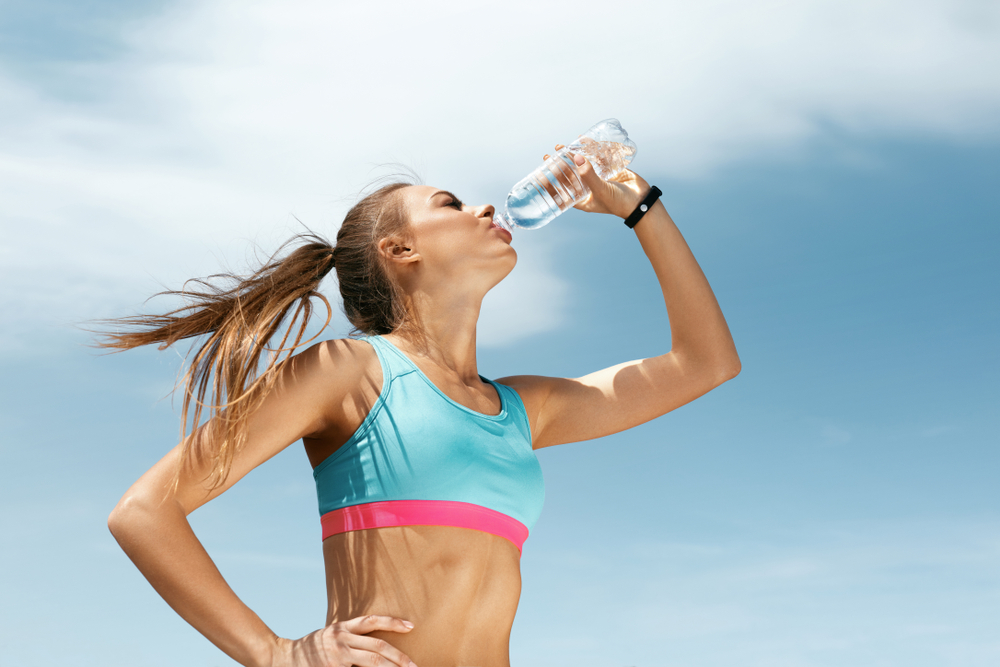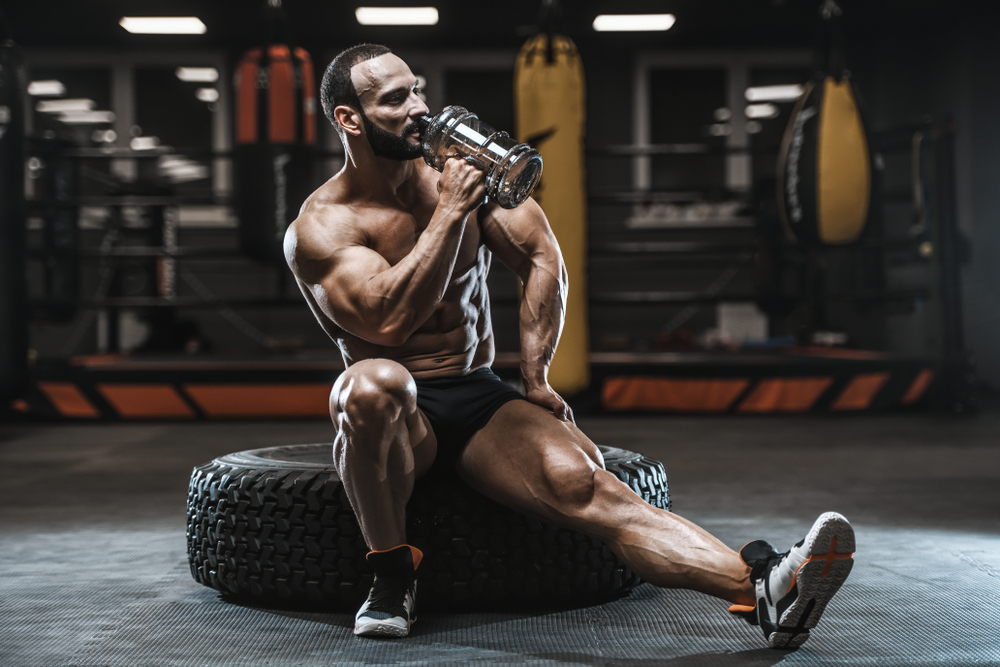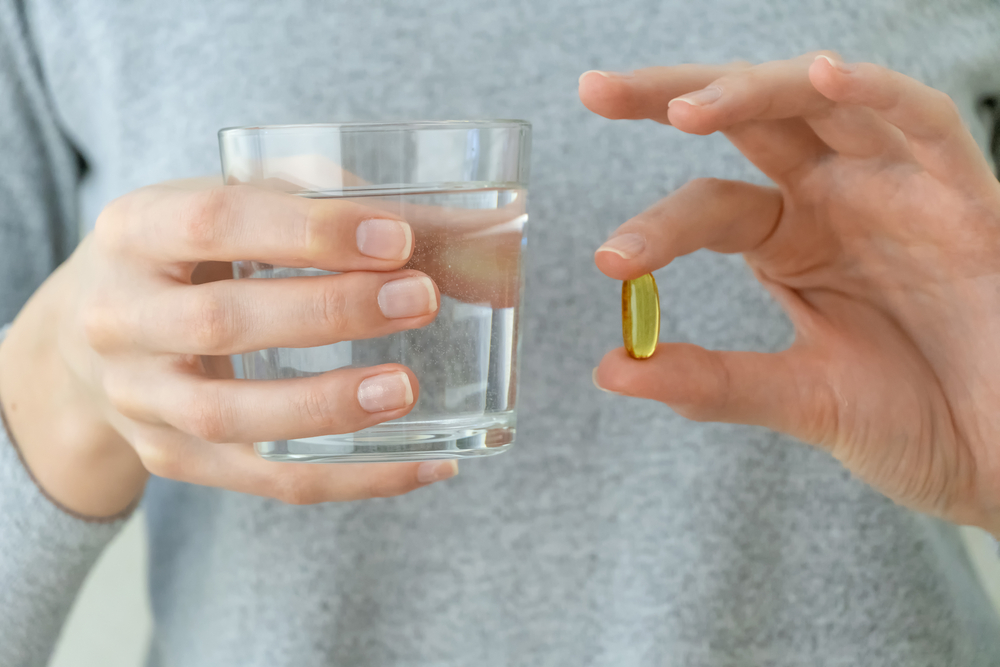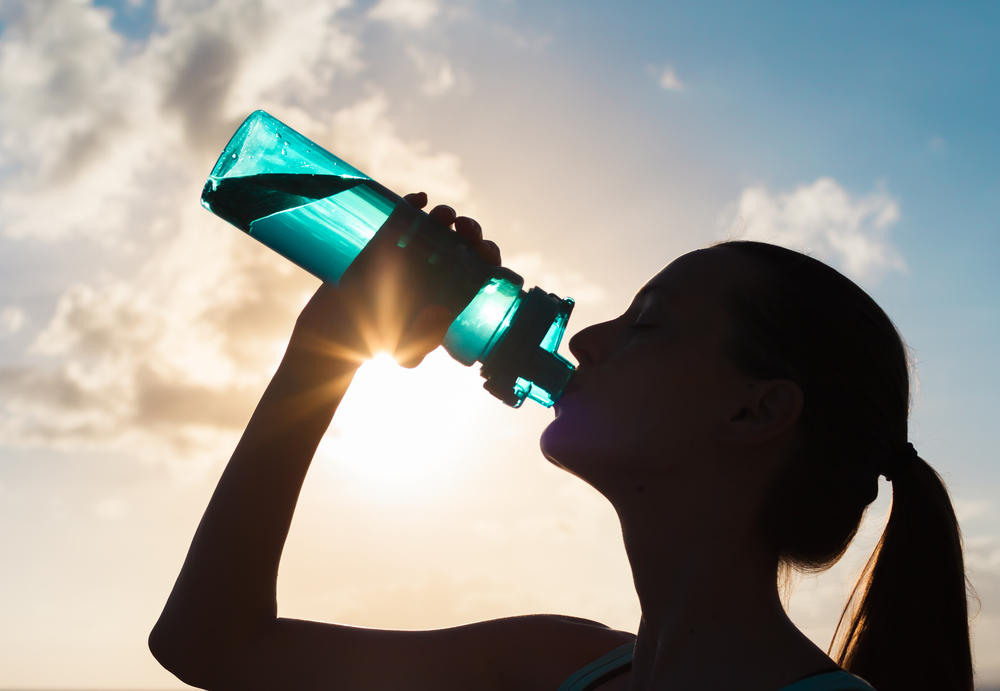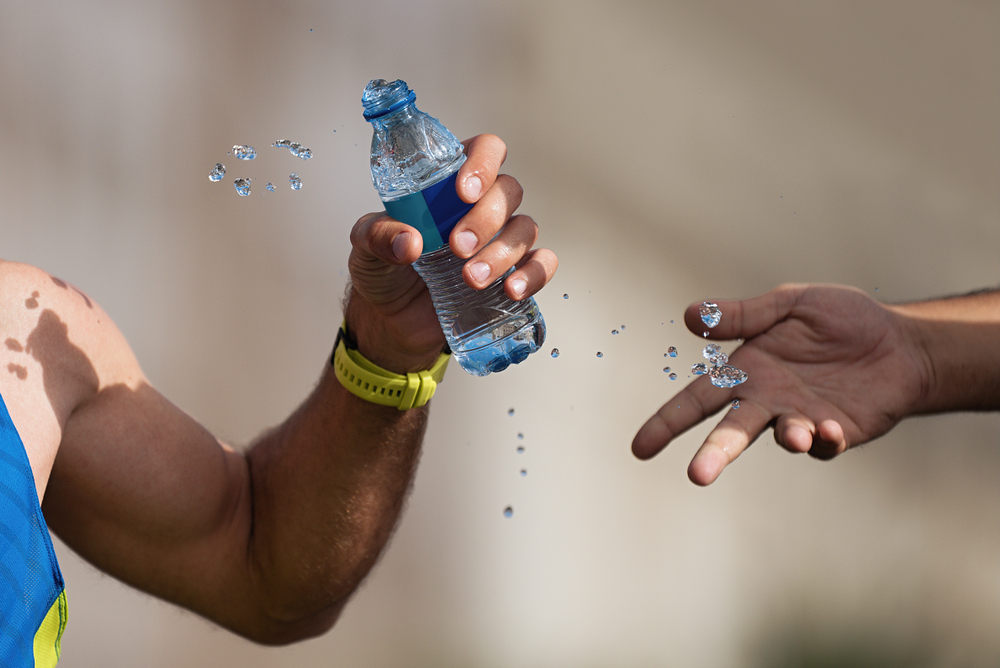Our body is made up of 60% water, which represents about 45 litres for an adult . Water, a formidable nutrient.
Our cells are bathed in water, which they absolutely need to assimilate the nutrients we provide through food. It is therefore essential to provide our body with enough water to keep it hydrated and functioning properly.
The benefits of water on our body
- The musculoarticular system:Muscles need water to stay in good condition, so do our tendons, ligaments and joints. A lack of water is often the cause of cramps, tendonitis or muscle strain.
- the brain: the nervous system and neurons are 80% water. Insufficient intake causes migraines, cognitive disorders and dizziness.
- digestive system: water is essential for the stomach to digest food. Certain substances such as coffee, sugar or alcohol accelerate our dehydration, so we should drink enough water to compensate. The liver needs water to enable the exchanges it carries out and to detoxify itself. Finally, the small intestine and the colon need sufficient water to facilitate their work of elimination.
- kidneys: water is the friend of our kidneys, it is what allows this organ to ensure its role of eliminating waste in the form of urine.
- the skin: it contains 15% of the water in our body, it represents a reservoir from which the other organs draw. Skin that is dehydrated will be dry, wrinkled and lacking in elasticity.
Water is thus an essential element for life.
What are our real water needs?
We lose an average of 2. 5 litres of water per day through perspiration and our urine, this can be accentuated on hot days. We therefore need to provide the same amount of water to keep our cells hydrated.
Our diet provides us with about 1 litre of water per day, especially through our consumption of vegetables and fruit (e. g. salad, cucumber, tomato, melon and watermelon. . . )
We therefore have to add about 1. 5 litres of pure water per day, which is about 7 to 8 glasses .
You can assess whether you are getting enough water by observing your urine: if it is yellow, you are drinking enough, if it is red to brown, you are not getting enough water.
It is useless to drink too much, you will tire your renal system, eliminate too many minerals and dilute your blood too much, which can have serious consequences.
In practice, how to do it?
Some tips and tricks to optimise your daily water intake:
In the morning: start your day by drinking a glass of pure water at room temperature or even lukewarm, This helps to rehydrate the organs after sleep and boost the metabolism.
All day long, between meals, make sure you drink pure water, without any additives, not even tea (tea- as well as caffeine- in large quantities dehydrate our cells). 7 glasses is a good quantity for a sedentary adult, at regular intervals.
In the evening,opt for the ritual of a glass of water, 30 minutes to an hour before bedtime to avoid getting up to urinate during the night.
It is important not to drink water that is too cold or too hot, as this would require the body to use extra energy to adapt the liquid to its temperature of 37 degrees. Drink water at room temperature, even when it is hot, pure, without added sugar, only a few drops of natural lemon juice can be tolerated!
Bottled water or tap water?
Tap water has an acceptable balance and complete nutrients and does not have the disadvantages of plastic bottles that are harmful to our health and the environment.
Water and sport
When doing sport, you need to adapt your water intake to ensure your performance, maintain your fitness and ensure proper recovery of your muscles.
With intense exertion and sweating, your water loss can be up to 2 litres per hour.
It is therefore important to drink before, during and after exercise.
During the effort, drink water, but if the effort lasts a long time (more than one hour) you can drink a drink enriched with carbohydrates and minerals. It is important to split your intake, 2 sips every 10 minutes.
After the effort, it is important to continue to drink water, which allows the body to recover more quickly and to eliminate toxins.
Some tips
Opt for infusions : without theine, they do not dehydrate and bring a touch of cheerfulness !
Never go out without a small bottle of water in your bag!
You can also use the trendy detox water, made from pure water to which you add slices of citrus fruit, red fruit, cucumber or mint leaves. Success guaranteed!
Bringing enough water to your body also means choosing the right foods,
during your meals: favour fruit and vegetables, and limit the
intake of proteins and starchy foods that dehydrate. Drinking enough
water also means avoiding water retention.
Finally, never forget that when you feel thirsty, it is already too late, your body is suffering from lack of water; so drink without waiting to get that feeling!

